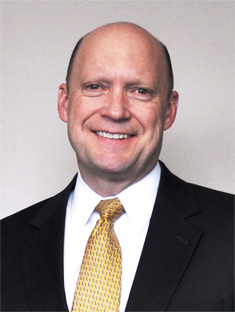I get these emails, as I'm sure that many of you do, and I think they provide a lot of good info on the goings-on at CU. Often this relates directly to AD and fundraising issues. Other times, it indirectly relates since we get some info to combat public perception on where tax dollars are going at the university. And other times, it's just good stuff to keep us informed on what's happening at the university that's such a big part of our lives and our community.
I'm going to try to remember to post these in this thread. You can find them on the CU website, too. HERE
Here's a recent one on the new President and CEO of the CU Foundation, Rick Lawrence:
I'm going to try to remember to post these in this thread. You can find them on the CU website, too. HERE
Here's a recent one on the new President and CEO of the CU Foundation, Rick Lawrence:
|




